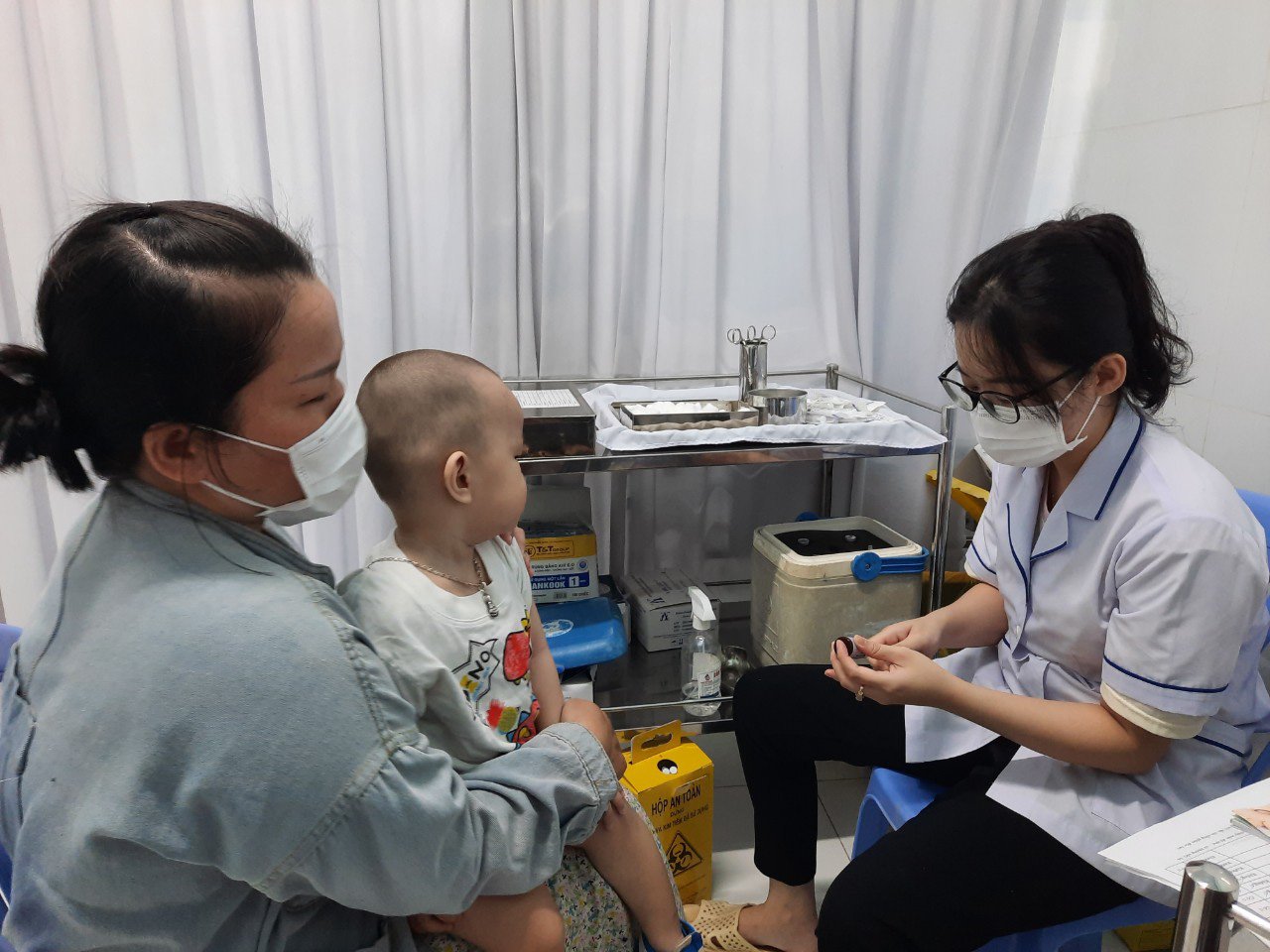
Ho Chi Minh City's health sector recommends that parents fully vaccinate their children to prevent diseases during the hot season - Photo: THU HIEN
Doctor Truong Thi Ngoc Phu - Deputy Head of the General Planning Department of Children's Hospital 2, Ho Chi Minh City - said that there are three common groups of diseases in children during the hot season: gastrointestinal infections, food poisoning, respiratory diseases caused by viruses and equally common are dermatitis and boils.
Because at this time, increased temperature and humidity are favorable conditions for disease-causing bacteria to grow and develop.
In addition, children exercising in the hot sun for long periods of time without adequate hydration can easily cause their bodies to sweat a lot, leading to dehydration and electrolyte loss, making them susceptible to illness and even heat stroke.
Doctor Phu noted that when children are active in a hot environment for a long time with symptoms such as high fever, hot dry skin, rapid pulse, rapid breathing, vomiting, lethargy, drowsiness, unsteady gait or coma, convulsions... these are signs of heat shock.
Digestive tract diseases such as acute diarrhea caused by viruses, food poisoning or other intestinal infections such as dysentery, cholera with symptoms: fever, vomiting, frequent diarrhea, abdominal pain, bloody mucus...
Some other characteristic signs depend on the causative agent (virus, bacteria).
Therefore, parents need to take their children to medical facilities immediately when they have one of the following signs: the child is not alert, lethargic, cannot drink, refuses to breastfeed, or has not passed urine for 6-8 hours.
In addition, the child may cry without tears, have dry skin and lips, sunken eyes, have diarrhea for more than 2 days without improvement, have diarrhea with fever, abdominal pain, vomiting, bloody stools...
To prevent diseases for children, Dr. Phu recommends that if children need to go out in the sunny season, they should wear wide-brimmed hats and light-colored, lightweight clothes. If going to the beach, children should not be allowed to swim during the hottest time of the day, from 10 a.m. to 4 p.m.
After participating in outdoor activities or due to hot weather, children prefer to drink iced drinks or cold foods (ice cream, soft drinks, milk tea...).
The cold drinks or foods mentioned above can help children feel thirsty and hungry in a short time.
Once their thirst is satisfied, children do not feel the need to drink more water, leading to a lack of water that is actually needed to replenish the child's thirst.
At the same time, parents should also pay attention to skin problems and moisturizing. In hot weather, children should wear thin, light clothes, choose breathable fabrics such as cotton, and avoid excessive exercise that causes a lot of sweating.
Use mild shampoos and shower gels to protect your child’s skin. When outdoors, in addition to carefully protecting your child (wearing a hat, long-sleeved shirt, working in a sheltered, shady area, etc.), it is necessary to apply sunscreen with an SPF of 30 or higher.
Children's food should be cooked and boiled, and raw or undercooked food should be avoided. Do not eat spoiled or expired food.
In particular, it is necessary to separate raw and cooked foods, have separate utensils for preparing cooked and raw foods, and if used together, wash them thoroughly after each time preparing raw food.
Note: When not storing food in the refrigerator, cover it carefully to avoid dust, flies, and mosquitoes. Store food in the refrigerator and do not leave it at room temperature for more than 2 hours.
Risk of measles re-emergence in young children
The Ho Chi Minh City Center for Disease Control said that March and April are the months when hand, foot and mouth disease, chickenpox, and mumps cases often increase, and clusters of cases can form in schools or areas with a high concentration of children.
Regarding measles, since the 2019 measles outbreak, the city has not recorded any measles cases. However, with the measles vaccination coverage rate not reaching 95% (due to the impact of the COVID-19 pandemic and the interruption of vaccine supply in 2022-2023), there is a risk of measles cases reappearing.
The Ho Chi Minh City health sector recommends that people proactively take disease prevention measures for themselves and their family members, especially young children and people without immunity.
Vaccinate according to schedule for all diseases for which vaccines are available such as measles, mumps, rubella, chickenpox, diphtheria, tetanus, whooping cough, influenza, pneumococcus...
Source


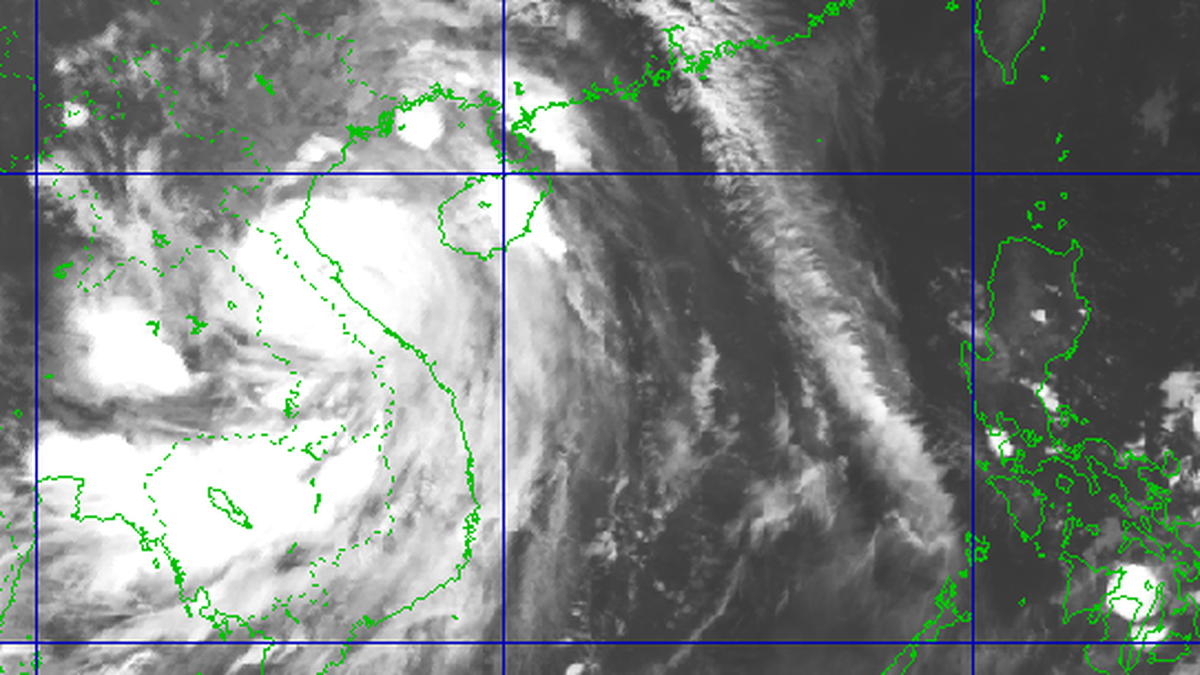
![[Photo] Joy on the new Phong Chau bridge](https://vphoto.vietnam.vn/thumb/1200x675/vietnam/resource/IMAGE/2025/9/28/b00322b29c8043fbb8b6844fdd6c78ea)

![[Photo] High-ranking delegation of the Russian State Duma visits President Ho Chi Minh's Mausoleum](https://vphoto.vietnam.vn/thumb/1200x675/vietnam/resource/IMAGE/2025/9/28/c6dfd505d79b460a93752e48882e8f7e)
![[Photo] The 4th meeting of the Inter-Parliamentary Cooperation Committee between the National Assembly of Vietnam and the State Duma of Russia](https://vphoto.vietnam.vn/thumb/1200x675/vietnam/resource/IMAGE/2025/9/28/9f9e84a38675449aa9c08b391e153183)









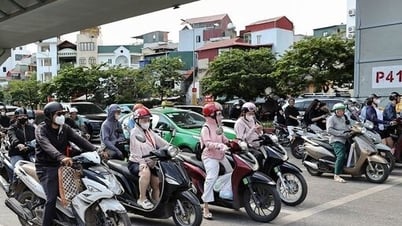

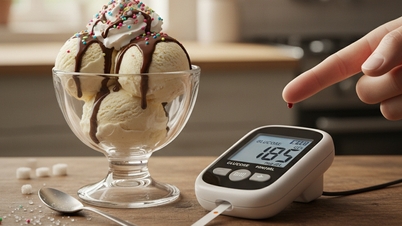

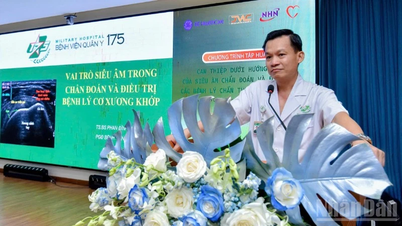










































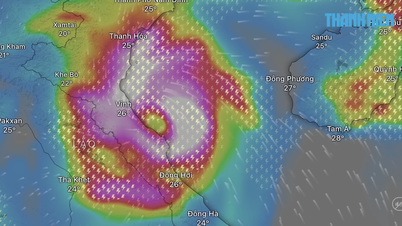
















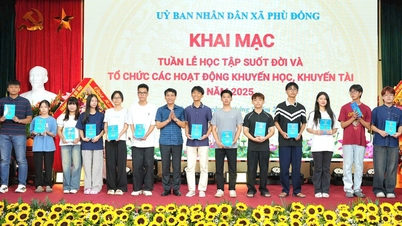
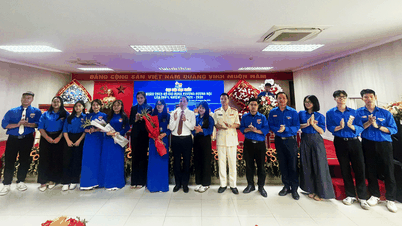
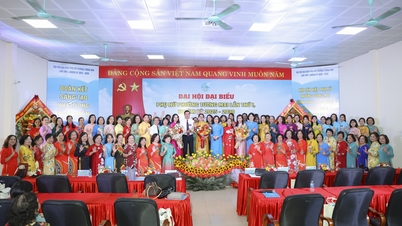













Comment (0)